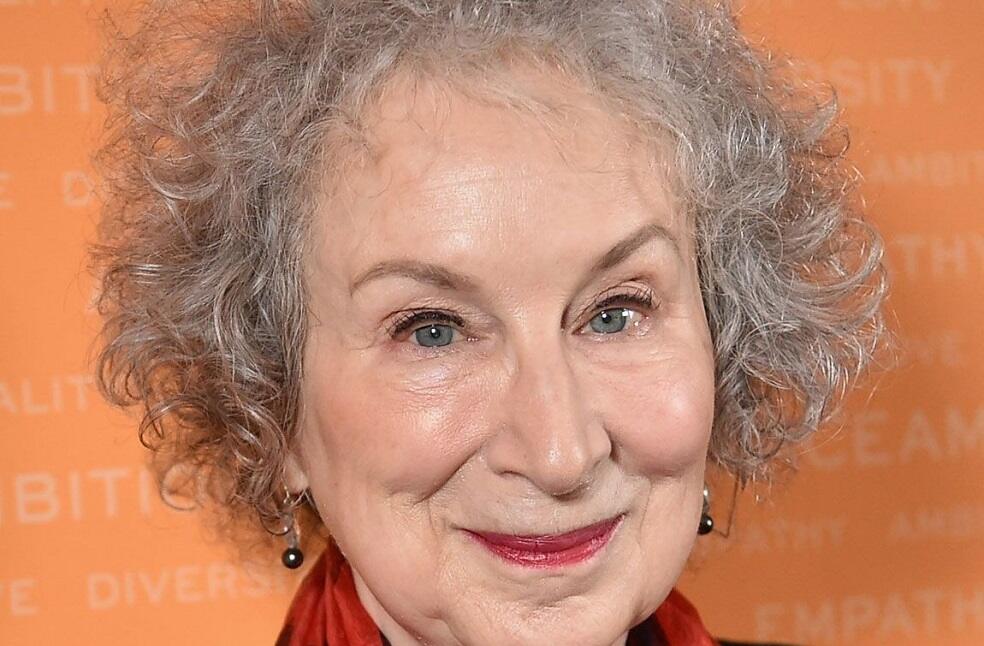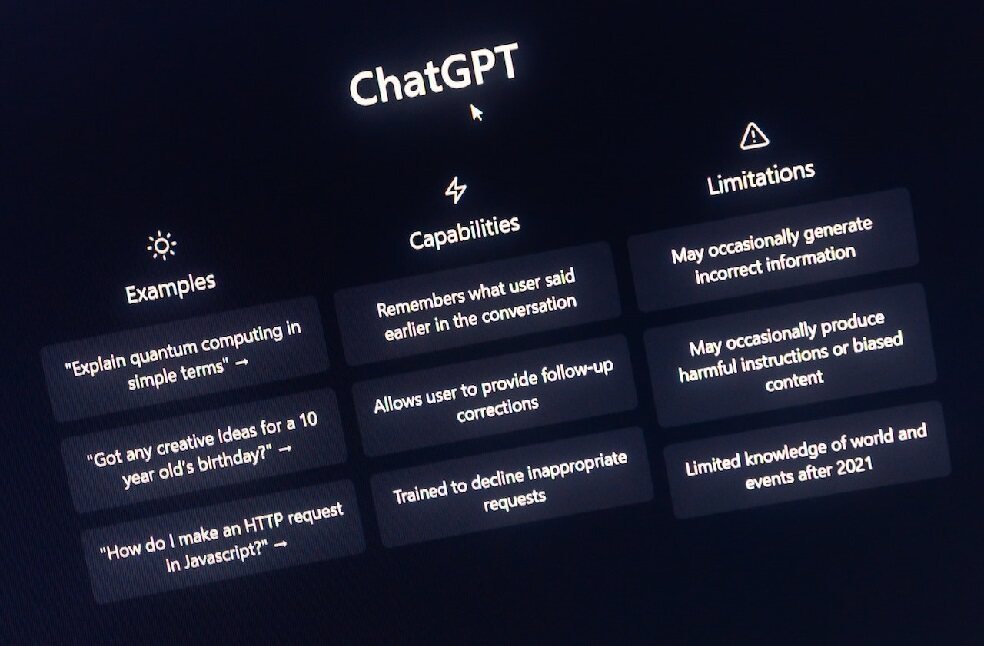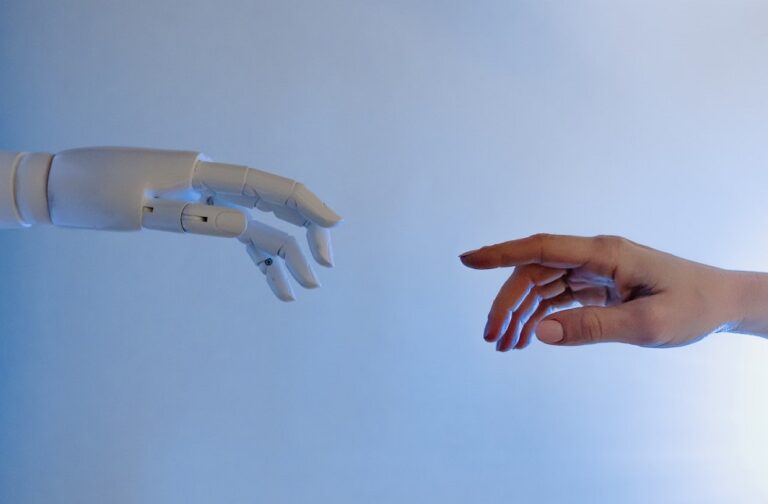United States: A thousand authors have endorsed a letter addressed to the CEOs of OpenAI, Meta, Microsoft, Alphabet, IBM, and Stability AI, urging them to stop using copyrighted work without permission. Ms. Margaret Atwood, Mr. Jonathan Franzen, Mr. James Patterson, Ms. Suzanne Collins, and Professor Viet Thanh Nguyen are among the prominent writers.
The letter was organised by the Authors Guild, the largest professional writers’ organisation in the United States. The signatories call attention to the “inherent injustice of exploiting our works as part of your AI systems without our consent, credit, or compensation” in the letter.
“These technologies mimic and regurgitate our language, stories, style, and ideas. Millions of copyrighted books, articles, essays, and poems provide the ‘food’ for AI systems—endless meals for which there has been no bill,” the letter reads.

“You’re spending billions of dollars to develop AI technology. It is only fair that you compensate us for using our writings, without which AI would be banal and extremely limited. The introduction of AI threatens to tip the scale to make it even more difficult, if not impossible, for writers—especially young writers and voices from underrepresented communities—to earn a living from their profession,” the letter adds.
AI generative models like ChatGPT use a huge collection of data from the internet to produce human-like dialogues. The Authors Guild’s letter is the latest salvo from the art world against firms developing AI, as per the statement.

Numerous Hollywood actors and writers are on strike to address concerns, including the impact of AI on filmmaking. Among the issues raised is the role of AI generative models, such as ChatGPT, which employ vast datasets from the internet to produce remarkably human-like dialogues. This move has caused significant unrest among US authors, leading them to file a lawsuit against OpenAI.
The authors allege that OpenAI misused its creative works to train its chatbot, ChatGPT, raising serious ethical and legal questions in the realm of AI development and intellectual property rights. The situation continues to draw attention and create discussions on the appropriate use of AI and the responsibility of tech companies in the creative domain.



